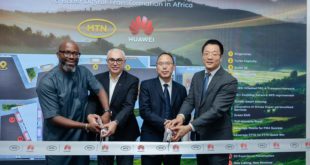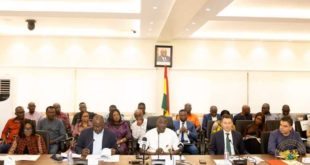Rt Hon Alban S. K. Bagbin, Speaker of the House of Parliament has urged for consistent and long-term funding for Ghana’s nuclear energy program.
He asserted that substantial consideration must be given to financial issues for a sustainable program, such as the Nuclear Energy Programme, to accomplish its intended goal.
The decision was made by the Speaker during a meeting with the Board of Directors of the Nuclear Power Ghana, which was attended by Prof. Benjamin J. B. Nyarko, the organization’s chairman, on Tuesday.
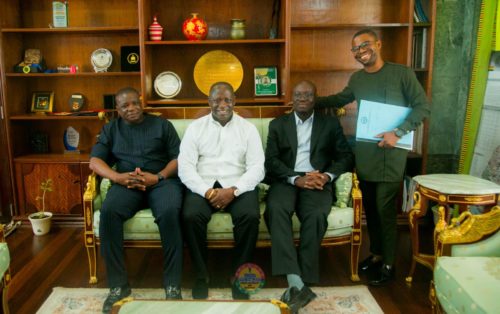
The Board was in parliament to inform the Speaker of the program’s developments and to look into ways to guarantee the success of Ghana’s sole nuclear energy program.
Prof. Nyarko emphasized the long-term benefits of the programme to Ghana’s industrialization drive, including reducing, considerably the cost of power for industrial use.
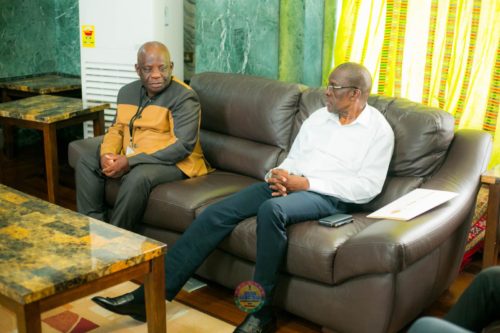
He however expressed worry about the current limited staff, the lack of agency coordination, and low nationwide information, communication and education initiatives which he said were some of the challenges inhibiting the smooth operation of the programme.
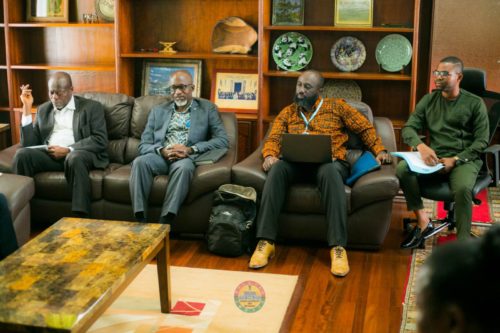
‘Nuclear implementation demands competences in specific areas of specialization.
Unfortunately, employment has been modest throughout the important institutions. The NPG now employs roughly 20 people and receives workers from the Ghana Atomic Energy Commission (GAEC), the Volta River Authority (VRA), and the Bui Power Authority.
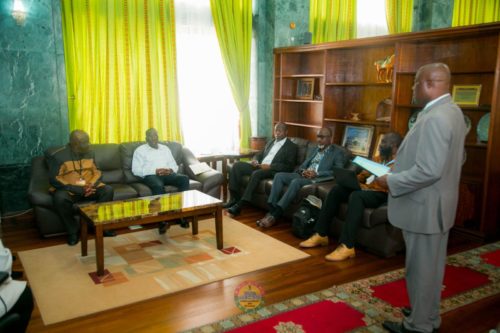
The Speaker vowed the support of the legislature for the initiative’s overall success and urged prompt action to prevent others from encroaching on the lands designated for the program.
Since the first President chose to start the Ghana Nuclear Reactor Project (GNRP) by establishing the Ghana Atomic Energy Commission in the early 1960s, Ghana has been attempting to utilize the peaceful applications of nuclear science and technology, including electricity generation.
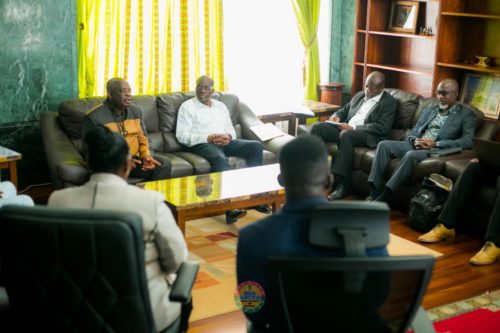
Sadly, the nuclear ambition was shelved due to political unpredictability until 2007, when the government set up a Nuclear Power Committee to examine whether harnessing nuclear energy could be a viable option to fulfill the nation’s expanding energy needs. Ghana is now on course to become the first nation in sub-Saharan Africa to run a nuclear power plant as the program has gathered momentum in the intervening years.
Source: Ghanatodayonline.com
 Ghanatodayonline.com News, Politics, Health, Education & More
Ghanatodayonline.com News, Politics, Health, Education & More

